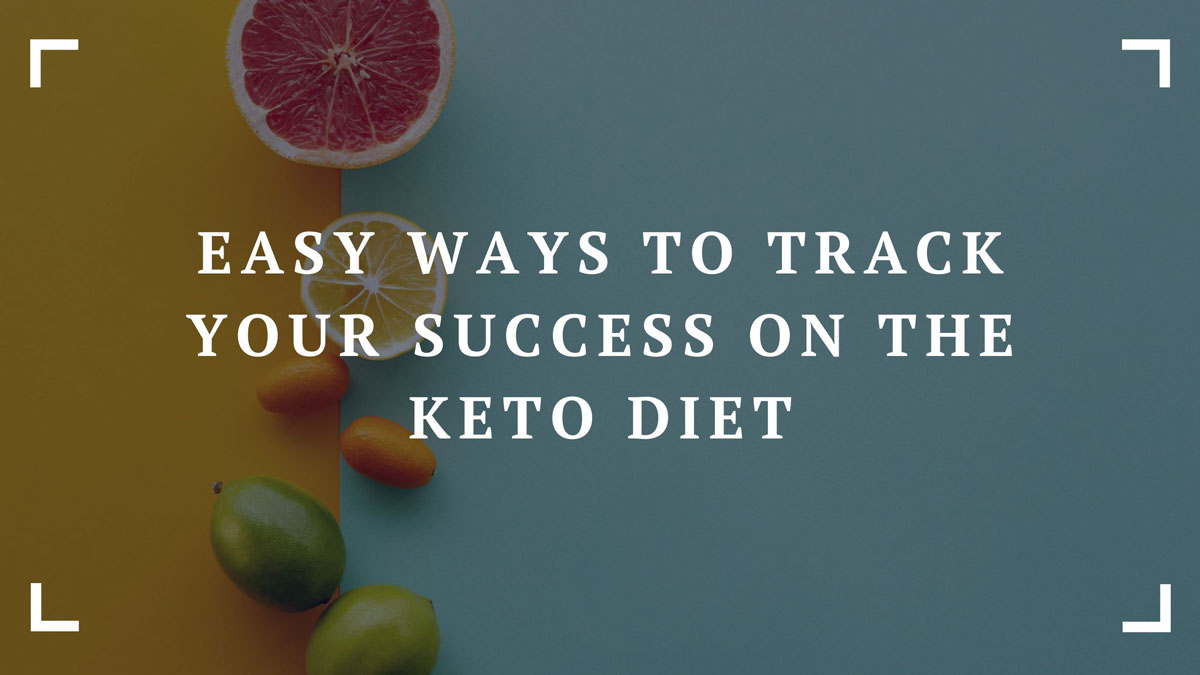The ketogenic diet has gained significant popularity in the last decade or so, although it has been around for much longer than this. This low-carbohydrate diet offers a number of proposed benefits, including weight loss, improved blood glucose regulation, and better cognitive function.
If you’ve recently embarked on the keto diet, it’s a good idea to track your progress. Doing so enables you to check that you’re taking the right steps and identify whether you need to adjust anything in your diet or lifestyle to support you on your journey towards better health. Below, we’ve covered simple methods of tracking your success on the ketogenic diet.

Use Keto Test Strips
Keto test strips are small strips that you can use to measure the levels of ketones in your urine. These strips are colour-coded, with different colours indicating various ketone concentrations in your urine. Being colour-coded makes keto test strips easy to use, even if you’re not medically knowledgeable.
If you notice extremely high levels of ketones in your urine when following the ketogenic diet, you must speak to your doctor, as this is also a classic symptom of diabetes mellitus and could indicate diabetic ketoacidosis (DKA).
Track Your Intake
It’s important to track your intake of food when you’re following the ketogenic diet, whether this is by writing it down in a food journal or using a food-tracking app, such as MyFitnessPal or Chronometer. Doing so enables you to take full control of your diet and identify potential areas of weakness that you can change to optimise your low-carb diet.
Pay particular attention to your carbohydrate intake and your carbohydrate sources. Make sure you are choosing healthy foods containing complex carbohydrates that release energy slowly in your body and prevent major blood sugar spikes and crashes.
You should also look at your intake of proteins, fats, and micronutrients, as each of these is just as important for your overall health as carbohydrates. When on the ketogenic diet, you can consume a lot more protein and fats than carbs, so you have more freedom of choice. You can also indulge in things like chocolate and sweet treats, provided you still consume no more than 50 grams of carbohydrates a day.
Get Regular Blood Tests
When you’re making significant changes to your diet, such as when you’re switching to a very low-carb intake as you do in the ketogenic diet, it’s important to do so under the guidance of qualified professionals. Whether you choose to consult a doctor or dietitian, stay in touch with your chosen healthcare professional so they can monitor your progress and health.
Your blood tests can provide valuable insights into your health and overall progress on a low-carbohydrate diet. Your doctor or dietician will perform frequent blood tests (especially during the first few months of your transition into the keto diet).They can assess your blood test results to ensure your blood markers remain within the optimal ranges despite your significant dietary changes. A registered dietitian will also be able to provide in-depth advice on how you can adjust your diet accordingly if your blood results come back sub-optimal.


